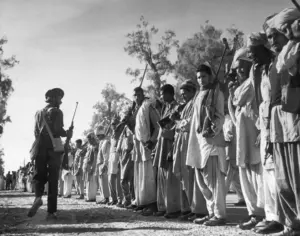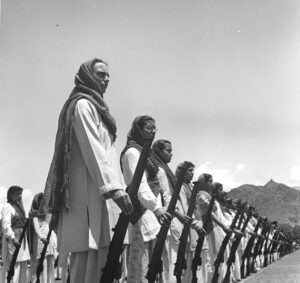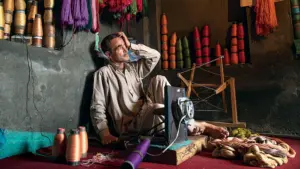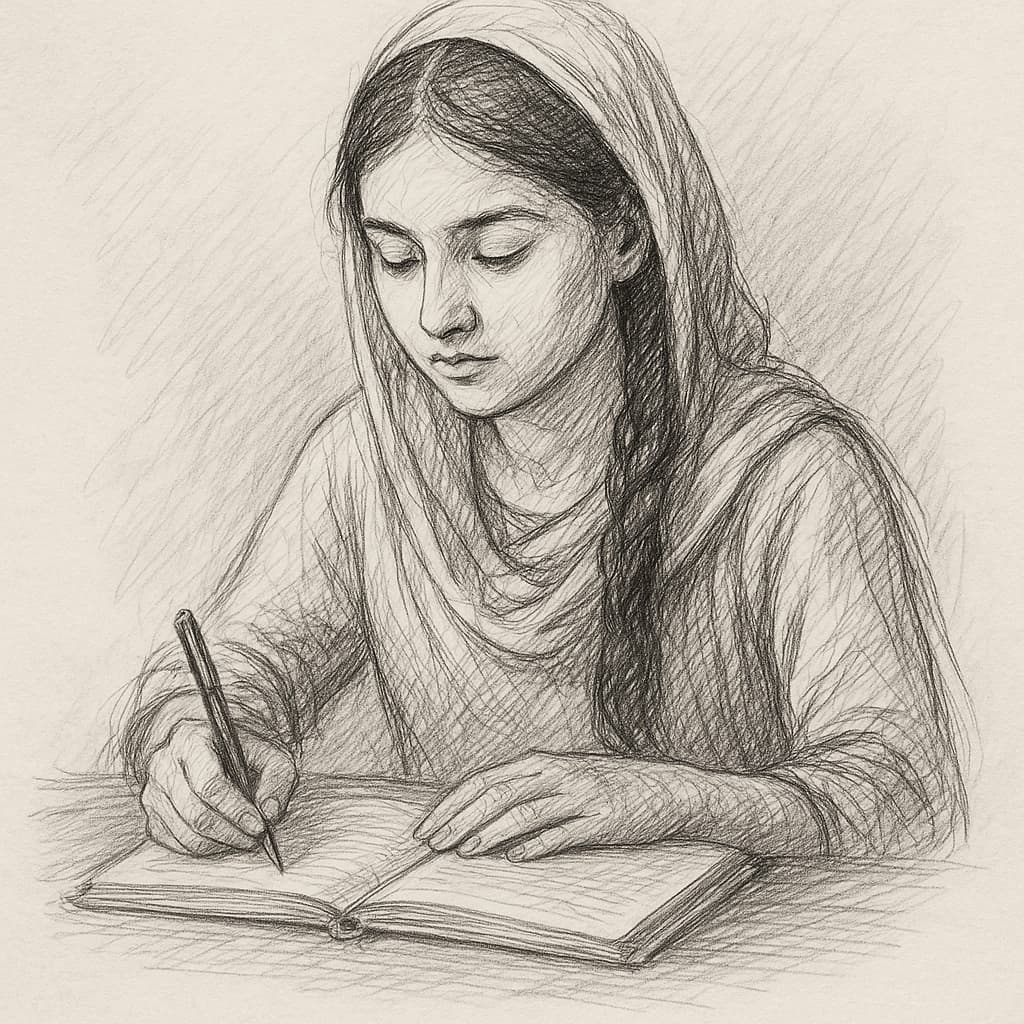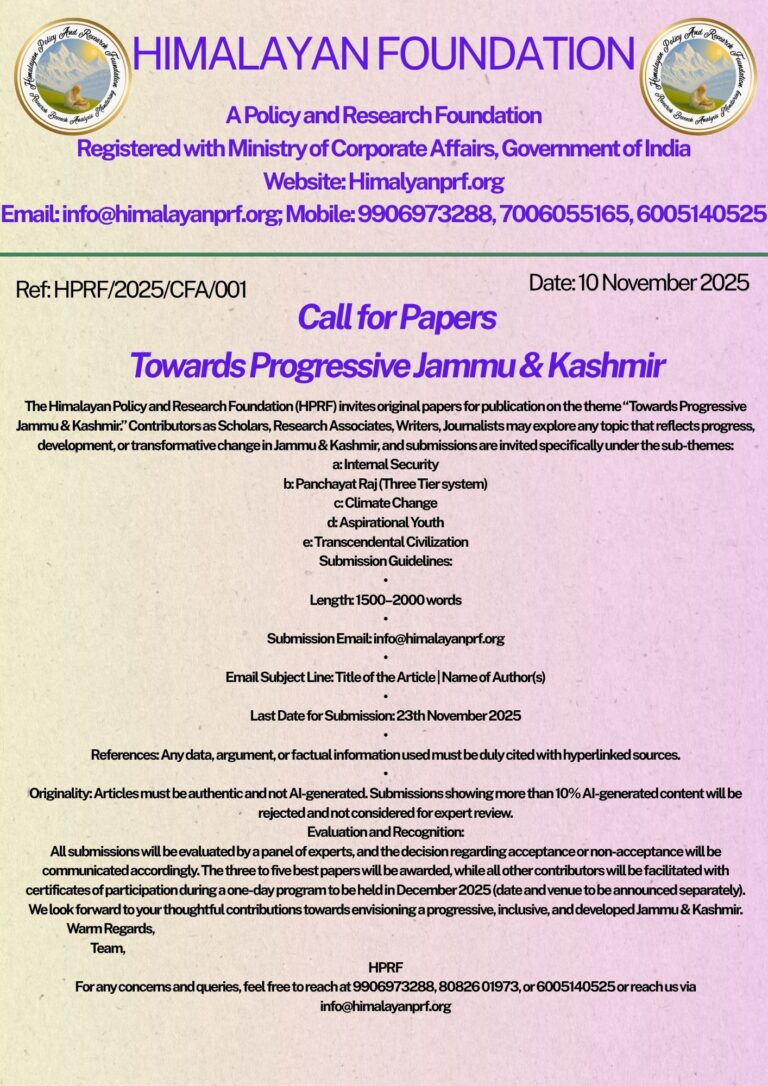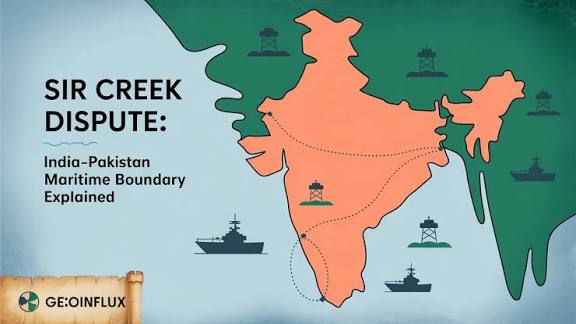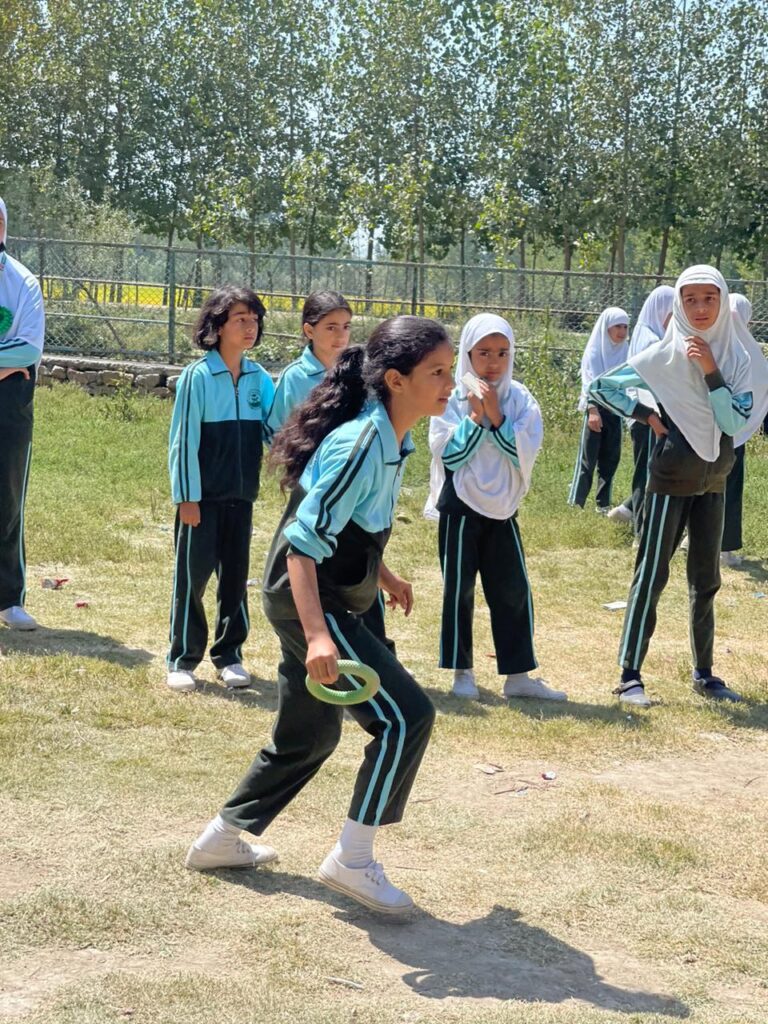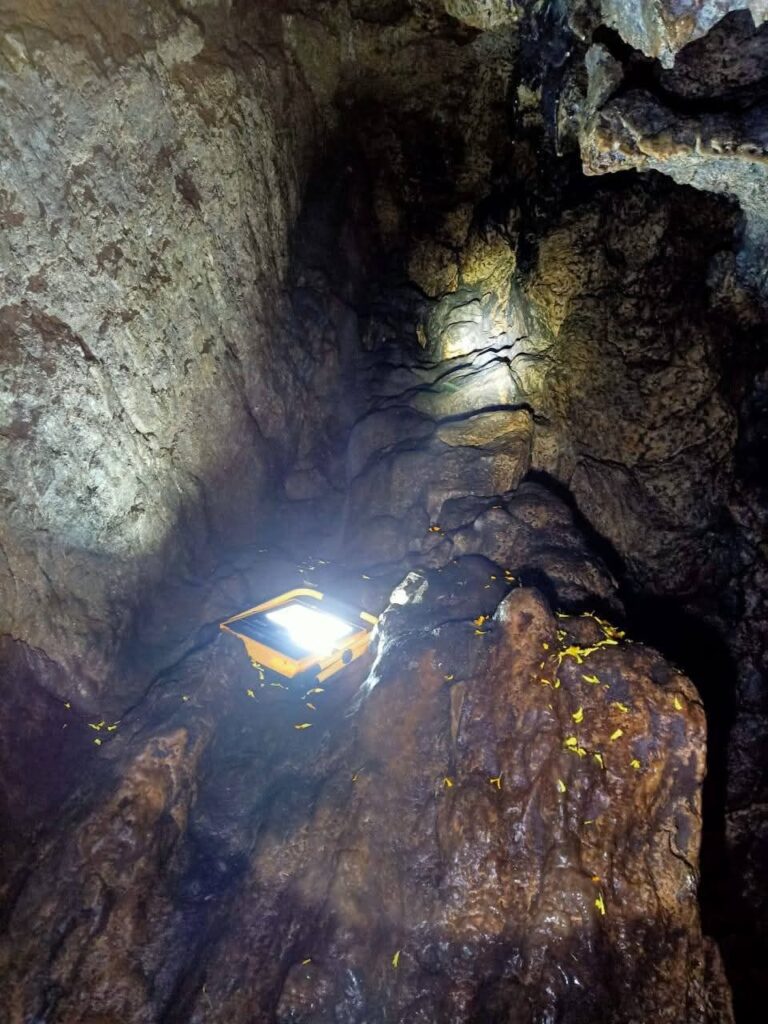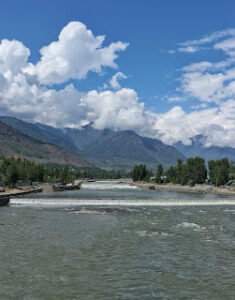Written By : Dr. Zahid Sultan
There are moments in history when ordinary achievements speak in extraordinary registers. The recent NEET results from Jammu and Kashmir — where young girls have not merely participated but surpassed — is one such moment. It is not just a performance in a competitive examination; it is a deeply philosophical event. In the land of ruptures and reckonings, this silent assertion of merit by young Kashmiri women is nothing less than a metaphysical proclamation — a statement on becoming, on the ethics of effort, and on the politics of dignity.
From the restless heart of Jammu & Kashmir, 49,326 students appeared for NEET 2025—of them, 24,015 crossed the threshold of qualification. Yet beneath this numerical achievement lies a deeper tension: the distance between merit and opportunity. With barely 1,200 government medical seats in the entire region, the line between success and silence remains painfully thin. And still, like a soft flame in the cold, a story rises—two sisters from Lajurah, Pulwama, qualifying together.
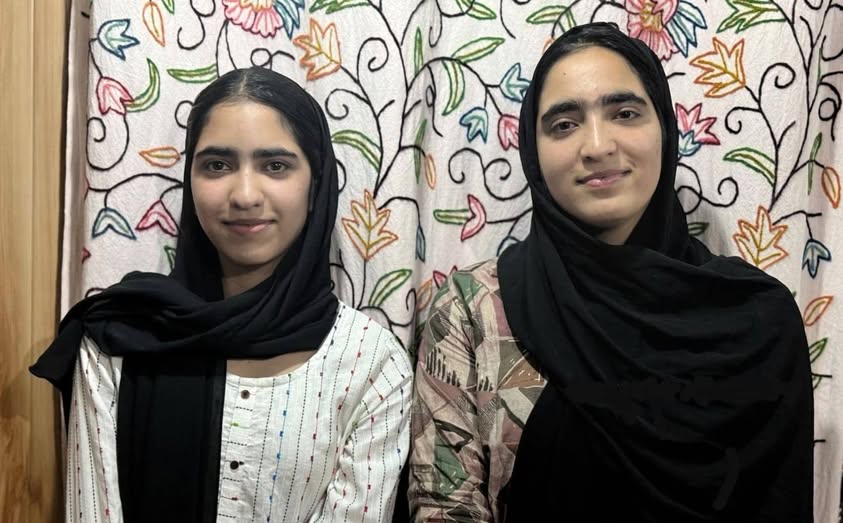
In a world where even individual success is rare, a shared triumph of this kind is near-sacred. It speaks not just of intelligence, but of trust, discipline, and love braided through hardship. As Marcus Aurelius once said, “Look well into thyself; there is a source of strength which will always spring up if thou wilt always look.” And as Camus reminded us, “In the depth of winter, I finally learned that within me there lay an invincible summer.” These sisters are that summer—a quiet testament that even in a place heavy with silence, greatness still blossoms in pairs.
It affirms what the Stoics long knew: “The obstacle is not in the path; the obstacle is the path.” Their success is a philosophy in motion—a living testimony to what becomes possible when inner clarity meets shared purpose. In a world obsessed with noise, they have walked their journey in silence—and therein lies their radiance.
Let us understand this through the lens of philosophy. When Soren Kierkegaard said, “Purity of heart is to will one thing,” he was speaking of the kind of moral clarity that defines authentic existence. These young girls, many of them from villages often wracked by conflict and silence, have done precisely that — they have willed one thing with single-minded resolve: the pursuit of knowledge. And in doing so, they have embodied a kind of existential heroism, marked not by spectacle but by steadiness.
In a region often cast through the prism of conflict, their achievement is not apolitical. It is a quiet subversion — an epistemic insurrection — against the global stereotypes that have long reduced Kashmir to its political impasse. These girls have not waited for redemption from state or society; they have enacted their own, through what Kant would call “autonomy of reason.” They have become, in the truest sense, moral agents — not bound by circumstance, but animated by interior resolve.
One must pause to reflect on the meaning of such success in a region where the schooling system has often remained fractured — physically, institutionally, and psychologically. Education in Kashmir has not just been an intellectual pursuit; it has often been a wager against time, against closures, against loss. And yet, like Camus’s Sisyphus, these girls have pushed the stone up the hill, again and again — only to find that their labour, unlike Sisyphus’s, has not been in vain.
The question, however, is not just about triumph, but about the nature of the triumph. Hannah Arendt reminds us that “education is the point at which we decide whether we love the world enough to assume responsibility for it.” These girls — future doctors and caretakers of life — have chosen not to flee from the world but to engage with it, to heal it. Their excellence is not exclusionary; it is redemptive. It arises not from privilege but from ethical labour — from the discipline of early mornings, of late nights, of endless pages under flickering lights.
What emerges is a renewal of what the philosopher Charles Taylor might call “moral sources” — sources from which individuals draw strength, identity, and affirmation. In Kashmir, where memory often bleeds into trauma, these girls have located a new source: the transformative power of education, not as mere social mobility, but as existential anchorage.
In the genealogy of Kashmiri thought — from the mysticism of Nund Rishi to the philosophical precision of Abhinavagupta — the idea of inner cultivation has always held central place. Today’s girls are inheriting that tradition in new form. They are cultivating not only the intellect but the will — not only ambition, but attention. In an era marked by noise, their silence is pedagogical.
Their success calls forth echoes from Tagore’s invocation: “Where the mind is without fear and the head is held high… into that heaven of freedom, my Father, let my country awake.” These girls have carved out that heaven in small rooms, in shared books, in makeshift tuition centres. They have awakened not just themselves, but the conscience of a region.
Let us not patronize their achievement with the vocabulary of surprise. Let us instead build from it. Let it remind us — as Iris Murdoch once said — that “the only thing that consoles us for being human is the pursuit of excellence.” And that excellence, in its most ethical and transformative form, is now emanating from the daughters of Kashmir.
Their message is clear: Kashmir does not belong to the past. It belongs to those who are shaping the future — not with slogans, but with syllabi; not with entitlement, but with effort. And above all, with an unwavering belief that the human spirit — if allowed to flourish — can turn even the most abandoned terrain into a site of light.
These daughters of the valley are not just preparing for medical colleges; they are reconstructing the moral grammar of a wounded society. And in that reconstruction lies the most profound act of resistance — and of hope.

